Warhammer 40,000: Rogue Trader Developers Describe Their Reasons for Restricting Player Option
A Warhammer video game has always been a dream project for Owlcat Games. Indeed, the two firms hit it off right away when Owlcat approached Games Workshop with a specific idea for a video game called Rogue Trader. Whether they play video, board, or tabletop games, Owlcat developers are gamers; many of them have been playing Warhammer for many years. It turns out that a significant portion of the Games Workshop staff like Owlcat’s games, particularly Pathfinder.
With the flexibility to explore their worlds in nearly any way possible, role-playing games (CRPGs) are arguably the closest genre of video games to tabletop warfare. Following a reciprocal expression of admiration for one another’s contributions, Owlcat and Games Workshop collaborated to develop the idea for Warhammer 40,000: Rogue Trader.
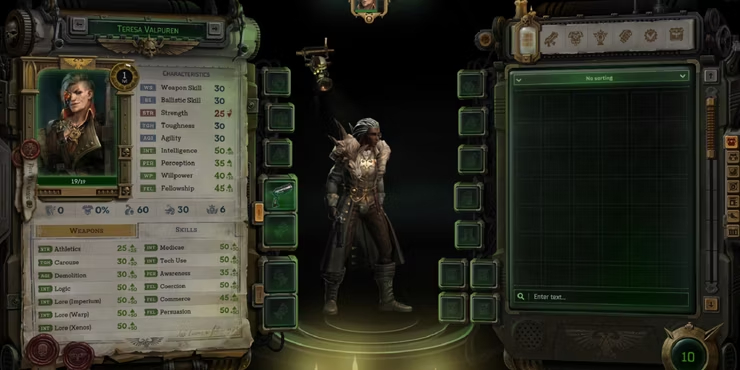
There’s virtually an IP within an IP with Rogue Trader. The Warhammer 40,000 world has given Rogue Traders, who have been active for decades, a new lease on life with the release of the 2018 boxed game, Warhammer 40,000: Kill Team – Rogue Trader. Owlcat saw this group of ruthless mercenaries as a chance to portray the everyday lives of Imperium citizens, distinct from those of super troops and extraterrestrial warships.
Narrative lead Olga Kelner says, “[People] know a lot about Space Marines, their great battles and great events.” “And because our game has a slightly different focus, we were able to concentrate on the more mundane aspects of Imperium life, demonstrating that while there are Space Marines using incredible armor and weaponry and warships circling the galaxy, most of the Imperium’s population lives on a very medieval level with guilds, feudal systems, and strange religions.
We were able to amplify this since you can visit the locations where these people are, speak with them, or watch them in real time to see what topics they debate and how.
The team provided fresh perspective on elements of the 40k universe that gamers could take for granted by utilizing the viewpoints of common Imperium citizens. My first thought when I see a servitor is fixing my dreadnought. When I give it more thought, I realize how absurd it is that these are actual people whose arms have been surgically changed to enable them to work as wrenches and welders and do their jobs more effectively. However, an Imperial serf’s perception of a Servitor can be considerably different.
“We managed to include a lot of grotesque elements, and the setting is extremely grotesque,” Kelner says. Take the usage of servitors, for instance. From our perspective, that is truly terrible. However, for someone else, it might be a means of protecting a loved one.
Rogue Trader makes use of everything to enhance its immersion. The inclusion of everyday people’s perspectives gives the universe a much more grounded feel than, say, Captain Titus’s superhuman exploits in Space Marine 2, and this immersion makes players care about the choices they make. According to executive producer Anatoly Shestov, Owlcat frequently had to impose restrictions on players—even when it seemed illogical to the gameplay of a role-playing game—in order to completely immerse players and maintain the game true to Games Workshop’s rich backstory.
Shestov clarifies, “People shouldn’t go nude in Warhammer.” Because of the way the setting is designed, certain of our costumes are immutable. Regardless of the equipment you wear, the base of your clothing will always be there if you choose an Adeptus Ministorum character. Some pieces of that uniform will also always be visible.
The unconventional solution prohibits players from freely altering their clothes since, in Warhammer, “you are what you wear,” according to the game’s philosophy. You are not free to alter your past, present, or biography, nor are you able to alter what the rules of the environment let you to wear.
Every aspect of the game, including starship firefights and planet politics, is meticulously designed. Since firing into a melee makes it impossible to be certain you won’t hit your allies, friendly fire cannot be turned off. Eliminating any realistic element would completely destroy the illusion of immersion because this is a harsh world where every choice you make will have devastating consequences.
The combination of Games Workshop’s rich history and Owlcat’s CRPG skills feels like a match made in heaven, and the level of care both companies have put into their work may make this one of the greatest Warhammer games ever. Shestov was taken aback when some players named the incomplete beta their Game of the Year, while Kelner has enjoyed witnessing character modifications and kitbashes for tabletop play. It’s understandable why Warhammer 40,000: Rogue Trader has fans excited. It just has to live up to the anticipation now.




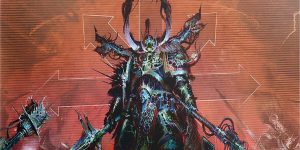
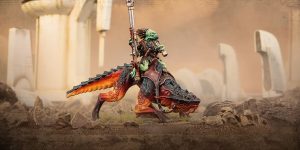
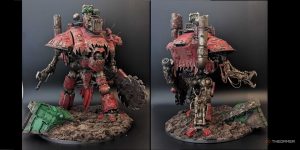
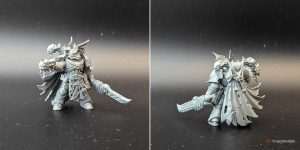
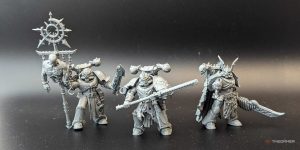
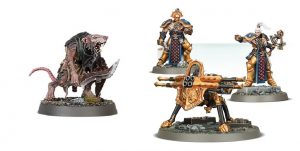
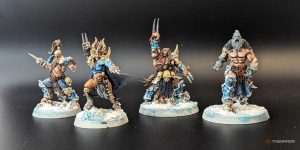

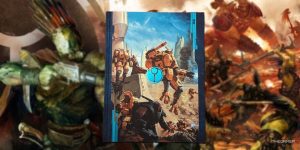
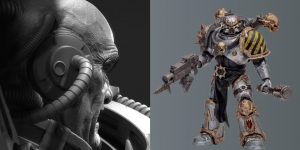
Post Comment